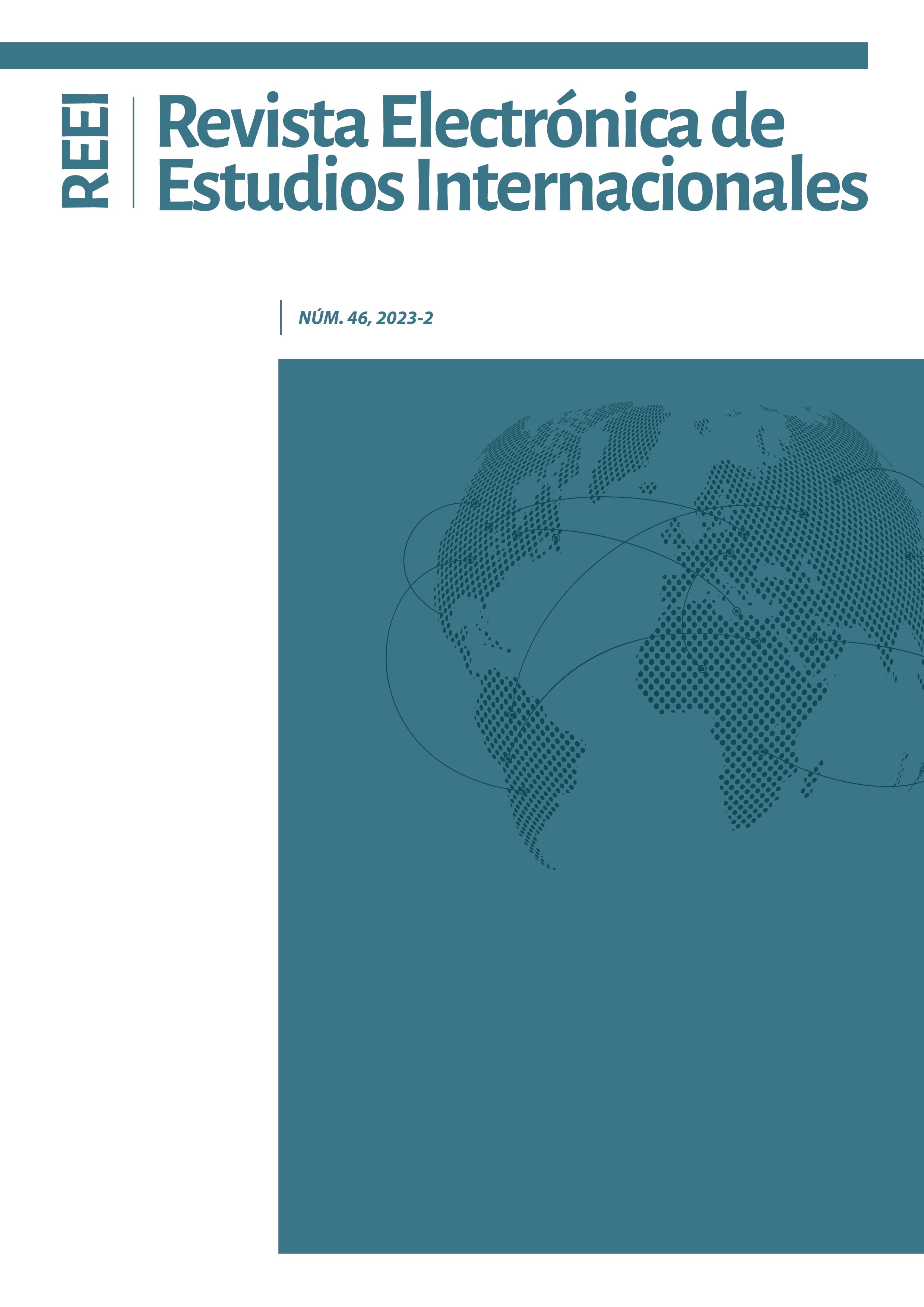Más allá del tradicional enfoque del control efectivo: los renovados vínculos jurisdiccionales que justifican la aplicación extraterritorial de los tratados internacionales de derechos humanos
DOI:
https://doi.org/10.36151/reei.46.05Palabras clave:
derechos humanos, extraterritorial, jurisdicción, Tribunal Europeo de Derechos Humanos, órganos de tratadosResumen
Los órganos de control regionales e internacionales se están enfrentando en los últimos tiempos a casos cada vez más complejos porque se tratan de situaciones en las que los individuos sufren violaciones por la conducta (acciones y omisiones) de los Estados cuyos efectos se extienden fuera de sus fronteras, incluso sin un contacto físico directo, de modo que los tradicionales modelos espacial y personal, que exigen un control efectivo sobre una zona fuera de su territorio o sobre las personas, se convierten en títulos incapaces, al menos en su interpretación clásica, de dar respuesta a la aplicación extraterritorial de los tratados internacionales de derechos humanos. Ante esta realidad, están apareciendo nuevo vínculos o nexos jurisdiccionales, que podemos denominar como procedimental y funcional. El primero de ellos se activaría por la iniciación de procesos relativos a la salvaguarda de los derechos más allá del espacio jurídico convencional. El segundo tendría en cuenta la capacidad del Estado para cumplir sus obligaciones, combinado con otros factores como la nacionalidad, la autoridad o el poder, el conocimiento de la situación origen de las violaciones, el impacto o la influencia decisiva o la relación causal entre los actos y omisiones estatales y la afectación de los derechos humanos.
Descargas
Publicado
Número
Sección
Licencia
Derechos de autor 2023 Revista Electrónica de Estudios Internacionales

Esta obra está bajo una licencia internacional Creative Commons Atribución-NoComercial-SinDerivadas 4.0.




